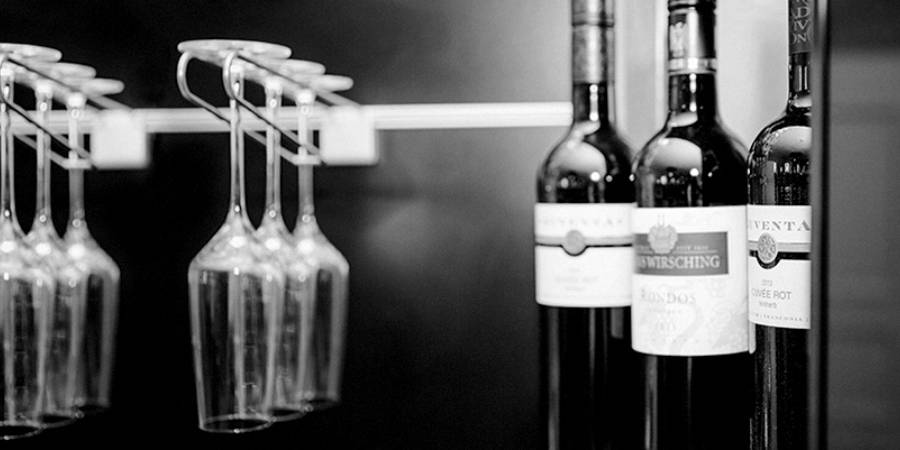Presence and Capacity Theory

And if I am not fully present at every meeting, i.e., “not totally in the moment, undistracted from anything past or future, sharp as a razor, and alive to everything around me,” then I have wasted my capacity.
Len Evans was a famous and highly regarded winemaker in Australia. As a celebrity chef is to food, Len was a celebrity to wine — well known, high profile, and often on TV.
In 1995, I participated in one of his wine appreciation classes in Sydney. During the evening, he got his students laughing with his “capacity theory.”
“Capacity theory” can be summed up like this:
He told us he opens and drinks one bottle of wine every day. This equates to 365 bottles a year. He was 65 at the time and estimated his life expectancy to be approximately another ten years from that night, as most of the male ancestors in his family had died at 75. This meant that he had the capacity for only drinking another 3650 bottles of great wine in his life. He went on to explain that if he opened a bottle that was not great, he had compromised his life, and his capacity was reduced by one and it was not recoverable! This generated a lot of laughter and appealed to the self-deprecating sense of humor of Aussies. Len’s story has remained with me since that night.
Fast forward two decades and I am participating in an Ariel communication training workshop. I am learning about the importance of executive presence in high-stakes conversations. At Ariel, we say being present is being totally in the moment, undistracted from anything past or future, sharp as a razor, and alive to everything around you. As I learn how to do this, Len’s “capacity theory” enters my mind once again.
I work in sales and I calculated that on average, I attend about one high-stakes client meeting every two weeks. By high-stakes, I mean those critical make-or-break meetings, usually with CXO’s — the ones that lead to somewhere profitable or out the door. Typically over the year, with an average of 48 working weeks, I would attend only 24 such meetings. That is my capacity. And if I am not fully present at every meeting, i.e., “not totally in the moment, undistracted from anything past or future, sharp as a razor, and alive to everything around me,” then I have wasted my capacity. In Len Evans’ terms, I have opened a “dud” bottle of wine. I can’t go back–the time is irrecoverable.
I’ve since adopted the “capacity theory” as a universal model for high performance. For example:
- CEOs typically hold monthly management team meetings. This equates to a capacity limit of just 12 meetings a year that a CEO has to be fully present with his or her team so they can work together to steer the organization through stormy weather.
- Individual contributors or facilitators may have just a capacity of one such meeting each year. If your company has a yearly all-staff meeting, the configuration of unique individuals coming together in a workshop means that each has just one time to be fully present so they can make the magic happen and make a real difference.
- Even in our personal lives, it applies. How many more birthday or Thanksgiving gatherings do you have with the entire family? How many family holidays do you have left?
Ask yourself this question: What is your personal capacity for specific high-stakes situations? How important is it to be fully present at each?
You don’t have the capacity for opportunities to turn into “duds.”
Len Evans died in 2006, 11 years after I attended his wine appreciation class. He was two weeks shy of 76, making him only a year off with his wine capacity theory. Thankfully, he was able to cherish an extra few bottles.
